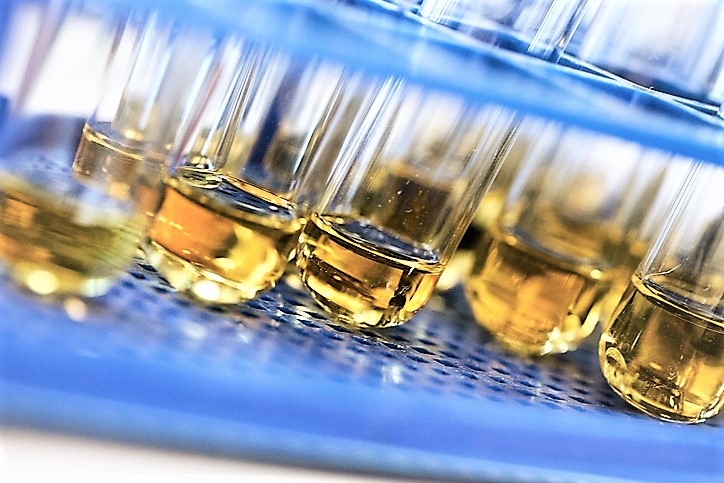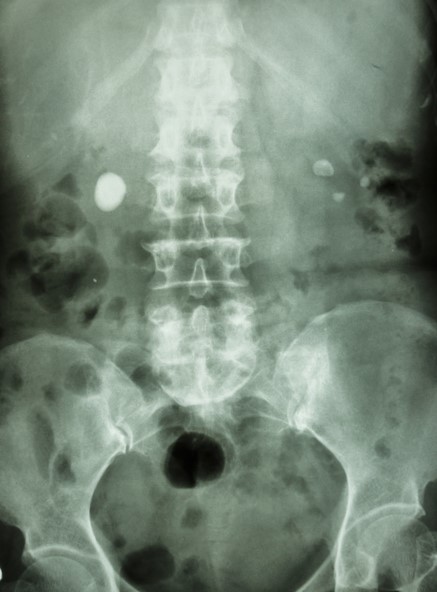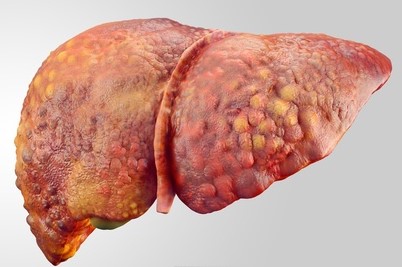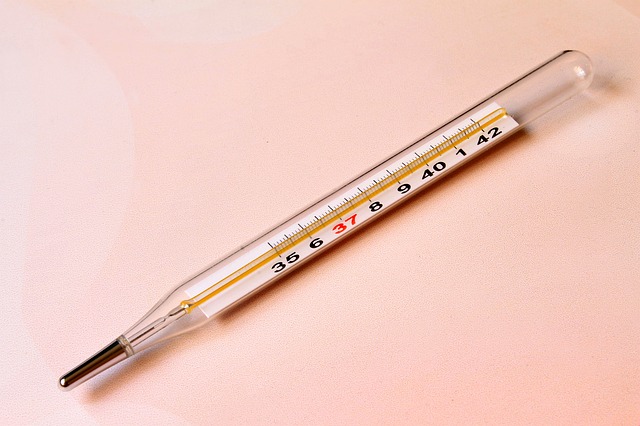Dark urine: what are its main causes?

The colour of urine reflects the state of hydration of the body. Urine is darker in the morning, but during the day and with a proper drinking regime, its shade lightens and becomes light yellow. It can be coloured by certain fruits and vegetables. Dark urine also has causes in diseases.
Urine is an indicator for proper hydration, i.e., the body's hydration. It is dark when there is a deficiency and colorless when there is an excess of fluid. The correct color of urine is, of course, light yellow.
Darker urine normally occurs in the morning. During the night, more concentrated urine is formed. This is because we don't take in fluids when we sleep. That's why it's good if we replenish them first thing in the morning.
Diet also influences the colour of urine. Especially certain fruits and vegetables. However, dark urine can also be caused by diseases.
The cause can be urinary tract disease, kidney dysfunction, liver dysfunction. Dark urine also occurs in metabolic diseases. Of course also as a result of fever due to dehydration.

Dark urine without a morbid cause
Dark urine can occur for quite natural reasons. An example is dehydration. In fluid deficiency, the kidneys filter waste substances and excrete them with a small amount of urine. In severe dehydration, the urine is concentrated, namely dark yellow to brown, and may smell.
Tip: There is also more information in the magazine articles on the signs of dehydration and on dehydration in childhood.
Urinary discolouration also occurs when a person has eaten foods that affect the colour of urine. This is especially the case when their intake is high. Examples of these foods are blueberries, blackberries, currants, rhubarb and beetroot.
With severe dehydration, there is a risk of kidney failure and other health complications.
When consuming watermelon, the urine will be light in colour due to increased fluid intake into the body. Higher concentrations of food colouring may also affect the colour of urine. Another factor that affects the colour of urine is passive lifestyle and lack of exercise.
Similarly, some medications affect darker colouration and may not be a symptom of disease. These medications include laxatives, tuberculosis drugs, malaria treatments, as well as higher doses of B vitamins and some antibiotics.
Diseases that cause dark urine
The flip side of natural urine coloration factors are disease causes. Dark urine can signal several diseases.
Diseases of the urinary system and dark urine
Darker and mainly red-coloured urine is caused by blood entering the urine. This happens in inflammation of the kidney, but also of the renal pelvis. Likewise in inflammation in other parts of the urinary tract or bladder.

A similar phenomenon occurs with kidney and bladder stones. Dark urine in men is also in the male disease, inflammation of the prostate.
Prostatitis is accompanied by other symptoms such as:
- pain in the lower abdomen
- pain radiating to the genitals, sacral area
- pain during urination (dysuria)
- frequent urge to urinate
- difficulty urinating
- intermittent urination
- pain on ejaculation
- erectile dysfunction, i.e. erectile dysfunction
- loss of libido, i.e. loss of desire for sexual intercourse
Darker and blood-coloured urine is also found in urinary tract cancers. It occurs in tumours or cancers of the kidney, prostate or bladder.
Cloudy urine may also be due to high levels of salts, mucus, fats or bacteria. It signals a problem in the production of urine in the kidneys or a problem in the urinary tract. Discoloration also occurs due to polycystic kidney disease.
Dark urine and problems with the digestive system
Darker urine is also due to problems with the liver. One such disease that affects the color of urine is jaundice. Jaundice (hepatitis) is an infectious disease that has a viral origin. Viral hepatitis is commonly found, especially type A, B and C.
Tip: Magazine article on the modes of transmission of hepatitis.

The characteristic sign of hepatitis is yellowing of the skin, whites of the eyes (icterus), dark urine and light stools. In addition to infectious hepatitis, non-infectious causes also interfere with liver function. These include poisons, toxins, drugs (paracetamol overdose), alcohol.
A late complication of these diseases can be cirrhosis of the liver. With it, there is also a violation of function. This is manifested in the same way, namely, darker urine and light stools.
Urine is also dark as a result of problems with bile transport. For example, with gall bladder stones. These occur in both the bile ducts and the gallbladder. If the stones obstruct the bile ducts, the gallbladder or the bile duct outlet, non-infectious icterus (yellowing of the skin) develops.
There is also a problem with bile in tumours of the liver, gallbladder or pancreas, or in tumours that obstruct the outflow of bile into the intestine. Subsequently, dark urine also occurs. However, it is not a typical and primary symptom of cancer.
Other causes of dark urine
In some cases, a metabolic disorder may also be the cause. Porphyria is an inherited metabolic disease that results in a disorder of the production of heme, the red blood pigment.
Dark urine also occurs in alkaptonuria, which is an autosomal recessive inherited disease of chromosome 9P. In this case, dark urine is the result of oxidation of homogentisic acid (a brown pigment is formed in the urine when exposed to air).
Another example is tyrosinemia, which is a rare metabolic disease. It mainly affects the liver, kidneys and peripheral nerves. Its first manifestations include liver failure. Dark urine also occurs in haemochromatosis.

Increased body temperature and fever result in increased loss of fluid from the body. Water is excreted at an increased rate by rapid breathing but also by sweating. This is the cause of fluid deficiency in the body, dehydration and the presence of darker urine.
The causes of an increase in body temperature are varied. For more information, see the separate articles on the symptoms of raised body temperature and fever.
Myoglobin also darkens the urine. Specifically, if it is released, for example, in rhabdomyolysis (breakdown of muscle fibres). It enters the kidneys through the bloodstream. It damages the kidneys and impairs their function. It enters the urine, turning it dark brown.
Kidney failure, liver damage, icterus, fever and other symptoms are present in copper poisoning. Copper is a trace element that is needed by the body for several reasons. For immunity, blood formation, in the formation of pigments.
In high doses, copper is toxic. The lethal dose is approximately 7-10 grams. It is used in the electrical, chemical and food industries. We can come into contact with it in anti-fungal products, i.e. fungicides.
Dark urine during pregnancy is also caused by frequent vomiting and therefore a decrease in body fluid. During pregnancy, the liver is more stressed, which can cause increased levels of bilirubin. This in turn causes dark urine. If the dark colouration persists, a specialist examination is needed.
Video about urine staining
Diseases with symptom "Dark urine"










